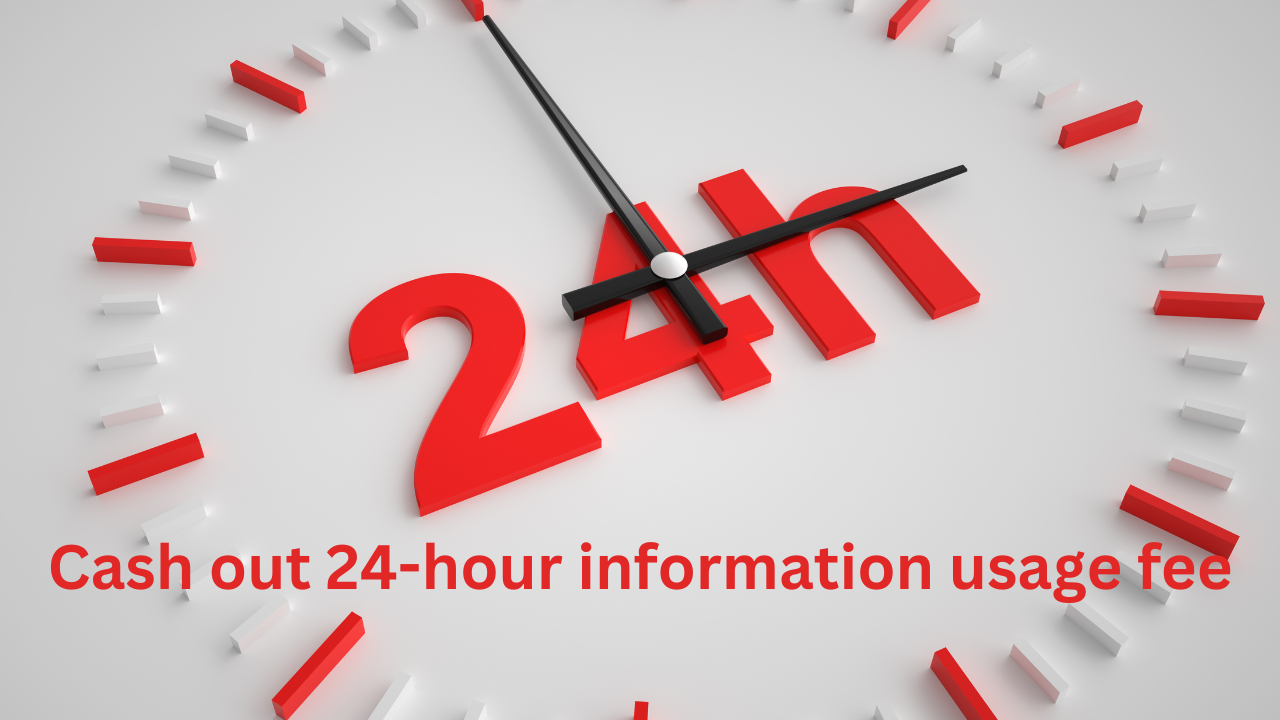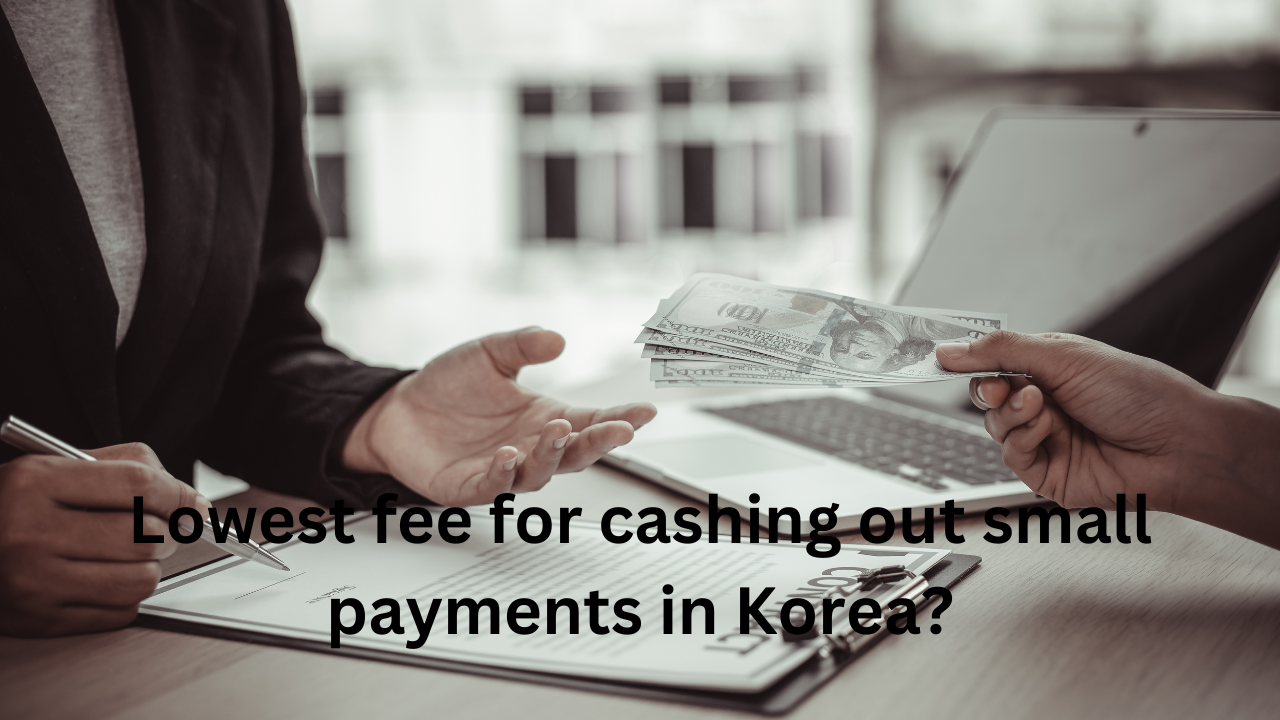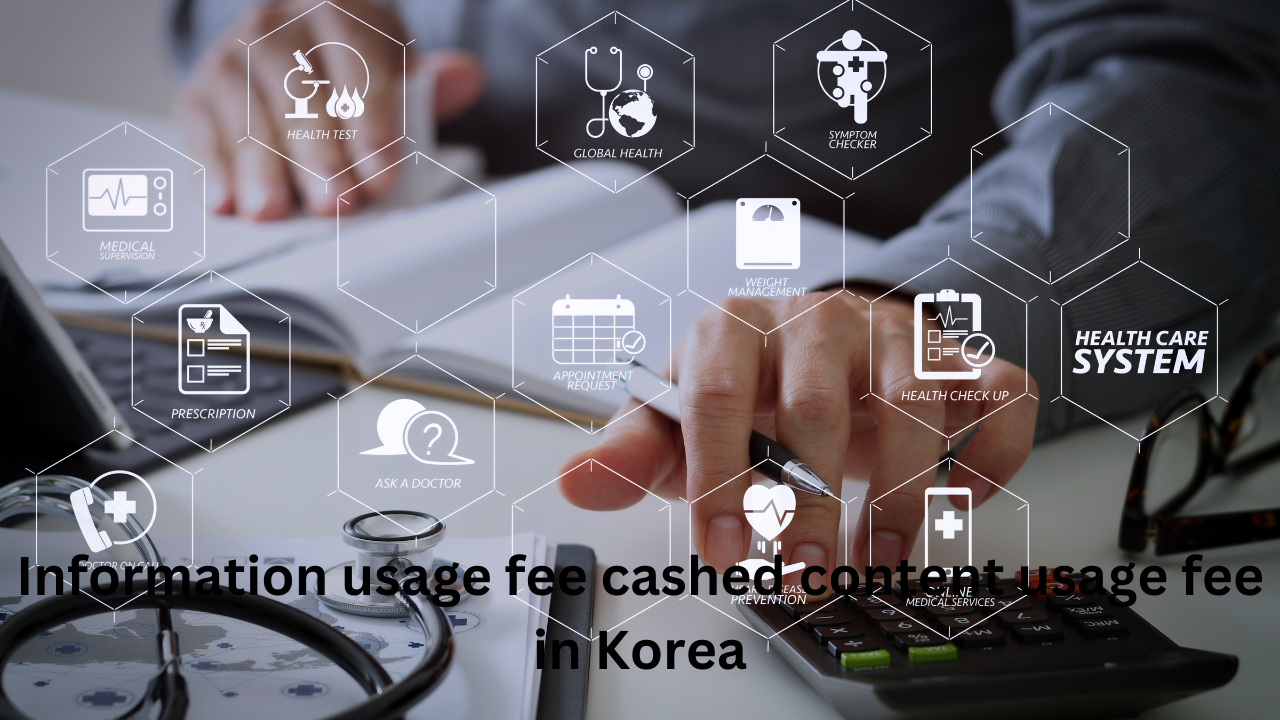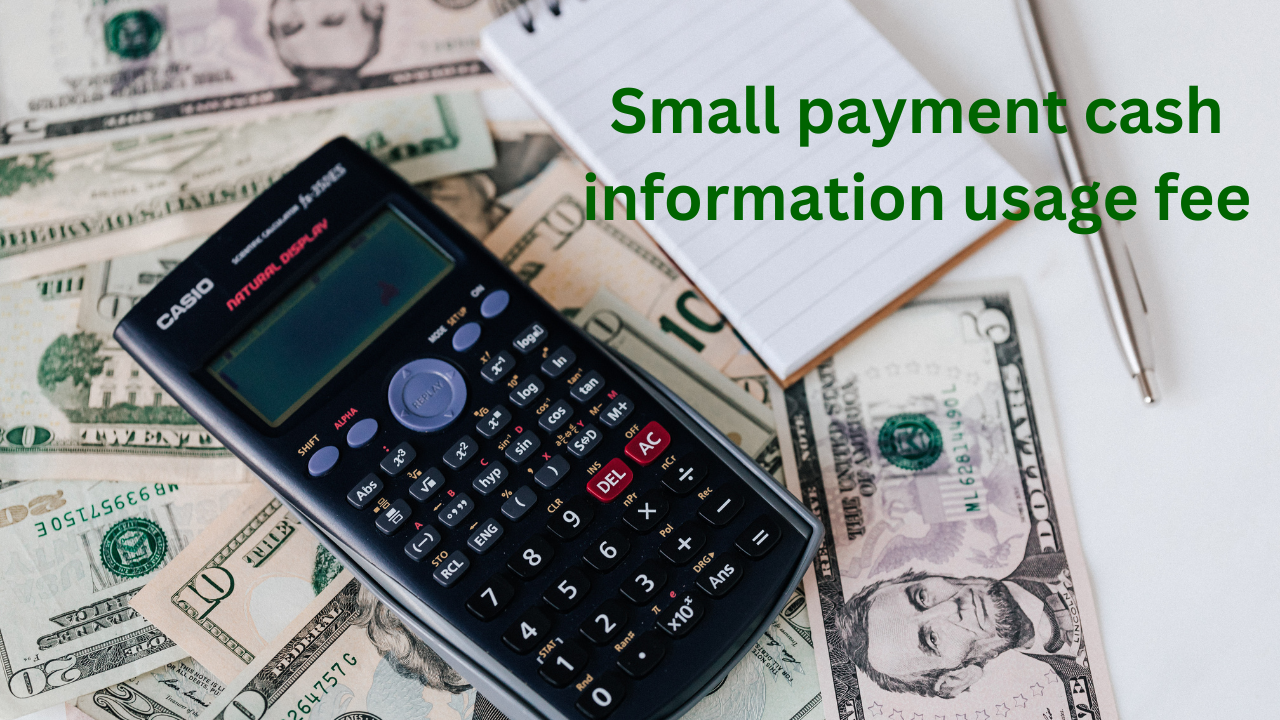Korea has a new idea about cashing out information usage fees. The government should charge companies that use people’s information a portion of the revenue. They believe this approach could create a new source of tax revenue. Most other places already do so, and Korea wants to try that.
The charges would cut across application use, searching the internet, and making transactions over the internet. According to government officials, such charges could generate billions of won in annual earnings. They would have taken the money and spent it on public services and infrastructure. However, there have been some privacy concerns. Critics argue that charging for data would give the government too much control over personal information.
The proposed fee structure for Korea
The Korean government has proposed the categories of data subject to taxation. This includes things like website searches, app usage details, and online shopping histories. We would base the fees on the value and usage of each piece of information. Small data, like contacts, would have low fees. More private data, such as messages, may be more costly. Companies would pay the fees to the government on an annual basis.
Revenue generation is projected
Officials believe charging information usage fees could earn the country millions of dollars each year. They estimate that details from things like social media could generate several billion in fees alone. Other used data, like maps and videos, is also common, so they will contribute large amounts. Much of the tax money will go towards improving public services and infrastructure projects. Officials hope the fees will provide billions to invest in schools, transportation, and healthcare.
Korean Policy Debate For Cashing out Information Usage Fees
The debate over Korea’s plan to charge information usage fees is ongoing. Those who support the idea believe companies should pay to use people’s data because it benefits their business. Supporters also think taxing data can raise money for schools, roads, and healthcare.
Arguments in Favour of Fees
Supporters argue that the new fees are fair because companies benefit from people’s digital footprints. Collecting some money recognizes this use of citizen data for cashing out information usage fees. They also point out that many other nations already do this without major issues. The fees could fund improvements that benefit everyone, not just companies.
Criticisms Against Fees
The opponents express concern for privacy if the government profits from private details. The collection and sharing of personal information is a big concern. Opponents also question whether companies will pass on the costs to customers in the form of higher prices. Some believe that imposed fees may limit innovation when companies face new taxes.
Comparisons to Other Countries
Korea is watching how places like Europe and Australia charge fees for data. These areas began charging for using information a long time ago. Officials will examine any privacy issues these areas have encountered and the solutions they have implemented. They want to find out about both successful policies and those causing issues. Seeing what works well or not elsewhere could help Korea establish wise rules from the beginning.
What’s Next for the Policy?
The government is planning to keep reviewing public comments on the proposal. The public may receive some new details later this year on how the Korean system will protect individuals. If approved, the actual law and initial fees could go into effect. Before this happens, there will likely be more of the back-and-forth debates and revisions that have typified the plan since its inception. In the coming weeks, companies’ and citizens’ responses will help mould regulations.
Final Thoughts: Cashing Out Information Usage Fees
Korea is currently anticipating a new revenue stream through the implementation of 정보이용료 현금화. However, the ongoing debate revolves around the potential benefits of generating funds for public services, as well as the potential risks to citizens’ privacy. We hope the government will leverage international examples and actively seek public input to formulate a policy that protects and compensates the individual. Only time will tell if the alternative they offer is indeed practical and the most preferable as this issue unravels in Korea, where it is seriously taking its toll.












